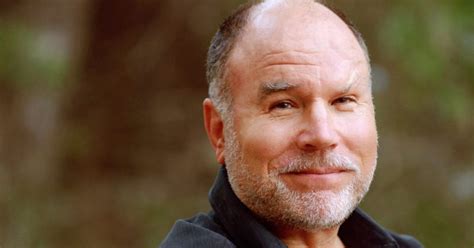A Quote by Gene Tierney
In show business the saying seems too often true: it isn't enough to succeed; someone else must fail.
Related Quotes
If the best way to learn to succeed is to fail as fast as possible, then the second-best way is to watch someone else fail as fast as possible. Watching someone else screw up is a kind of rehearsal for your own eventual downfall. A close observation of someone else's attempt to resolve a difficulty is a great way to acquire real-world insight into whether and when to deploy their method in your own times of trouble.
Nothing frustrates me more than someone who reads something of mine or anyone else's and says, angrily, 'I don't buy it.' Why are they angry? Good writing does not succeed or fail on the strength of its ability to persuade. It succeeds or fails on the strength of its ability to engage you, to make you think, to give you a glimpse into someone else's head—even if in the end you conclude that someone else's head is not a place you'd really like to be.
It's not enough to shelve your own competitive streak. You have to try, consciously, to help others succeed. Some people feel this is like shooting themselves in the foot - why aid someone else in creating a competitive advantage? I don't look at it that way. Helping someone else look good doesn't make me look worse. In fact, it often improves my own performance, particularly in stressful situations.
The character of greatness must be measured in two ways, else the measurement is flawed. First, and by far most popular of all, is by one's ability to succeed in times of trial where others may fail. But of no less importance, and perhaps foundational to any form of greatness, is one's willingness to start over in spite of failure, when success seems farthest away.
When someone takes their existing business and tries to transform it into something else - they fail. In technology that is often the case. Look at Kodak: it was the dominant imaging company in the world. They did fabulously during the great depression, but then wiped out the shareholders because of technological change.




































